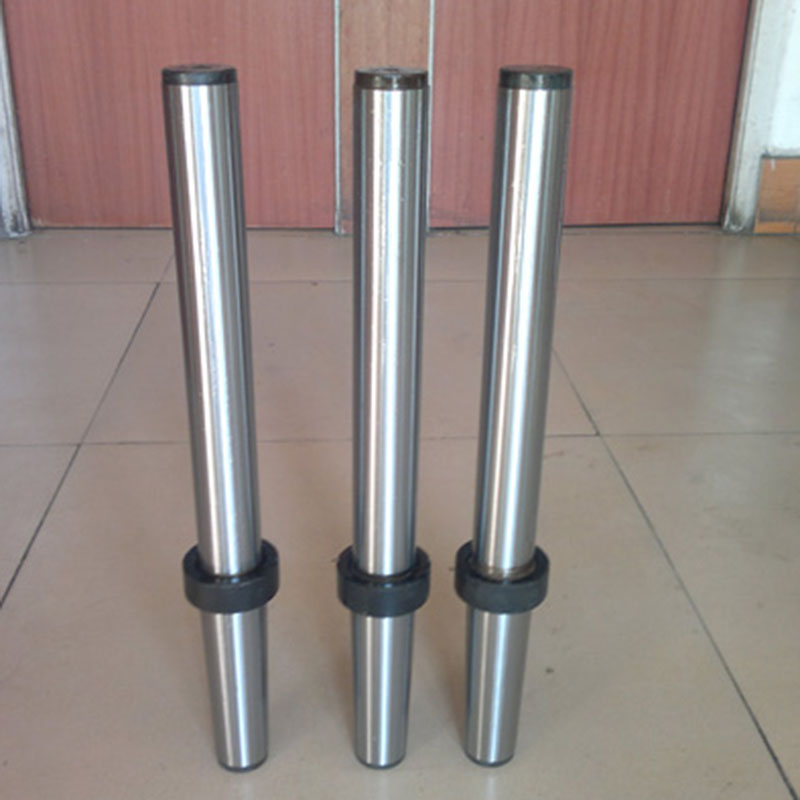דצמ . 22, 2024 17:05 Back to list
granite inspection block
Granite Inspection Blocks Ensuring Precision in Measurement
In the world of manufacturing and quality control, the importance of precision cannot be overstated. One of the key tools that facilitate accurate measurement and inspection is the granite inspection block, a crucial instrument used in various industries, particularly in metrology and machining. Granite inspection blocks serve as a reference point against which other measurements are compared, ensuring that components meet the required specifications and tolerances.
Granite has long been favored as a material for inspection blocks due to its unique properties. The natural stone is known for its rigidity, dimensional stability, and resistance to wear and temperature fluctuations. These characteristics make granite an ideal candidate for precision measurement applications. Unlike other materials, granite minimizes the risk of deformation over time, which is crucial when working to tight tolerances. Manufacturers often choose granite for its ability to remain stable even in diverse environmental conditions, ensuring that measurements taken on granite blocks are reliable and repeatable.
Granite inspection blocks are available in various shapes and sizes, designed to accommodate a range of measurement tasks. They often come with flat surfaces for accurate height measurements and may have built-in features like holes, grooves, or pins that facilitate the inspection of components. When combined with measuring instruments such as dial indicators, micrometers, or laser calipers, granite blocks can provide highly accurate readings essential for quality assurance.
In addition to their use in direct measurement, granite inspection blocks also play a critical role in the calibration of measuring devices. By providing a stable and accurate reference, they help ensure that other instruments deliver precise results. This calibration process is vital for maintaining the integrity of the manufacturing process, as even minor inaccuracies can lead to costly defects and rework. Consequently, regular inspections using granite blocks help to uphold high standards of quality across various industries, including aerospace, automotive, and electronics.
granite inspection block

The selection of a granite inspection block should be based on specific application requirements
. Factors to consider include the size of the block, its flatness, surface finish, and the overall precision needed. Inspection blocks typically undergo rigorous quality assessments, and those that meet stringent standards are often certified by organizations like the National Institute of Standards and Technology (NIST). Such certification provides assurance to manufacturers that they are using world-class measurement tools that will yield consistent and reliable results.Environmental factors also influence the performance of granite inspection blocks. Given their sensitivity to temperature changes, it is essential for users to maintain a controlled environment in the inspection area. Temperature fluctuations can cause expansion or contraction of the granite, potentially affecting measurement accuracy. Therefore, best practices dictate that granite blocks should be allowed to acclimate to the inspection environment to ensure optimal performance.
As industry standards evolve and the demand for precision continues to rise, the role of granite inspection blocks remains paramount. They are integral to implementing effective quality control processes that ultimately enhance product reliability and customer satisfaction. With advancements in technology and materials, the design and functionality of granite inspection blocks may continue to improve, but their foundational importance in precision measurement will likely persist.
In conclusion, granite inspection blocks are indispensable tools in the realm of precision measurement. Their unparalleled stability, durability, and accuracy make them a choice material for manufacturers striving for excellence in their quality control processes. By facilitating accurate measurements and calibrations, granite blocks contribute significantly to the overall efficiency and reliability of manufacturing operations, ensuring that high standards are maintained for years to come.
-
Water Valve Gate Design Prevents Leakage and CorrosionNewsJul.11,2025
-
Steel Fab Table Features Reinforced Construction for LongevityNewsJul.11,2025
-
Specialized Valve Designs for High Pressure SystemsNewsJul.11,2025
-
Machinist Gauge Pins Feature Ground and Lapped FinishesNewsJul.11,2025
-
Hose Check Valve Prevents Backflow in Irrigation LinesNewsJul.11,2025
-
Durable Micrometer Tools Withstand Heavy Workshop UseNewsJul.11,2025
Related PRODUCTS









